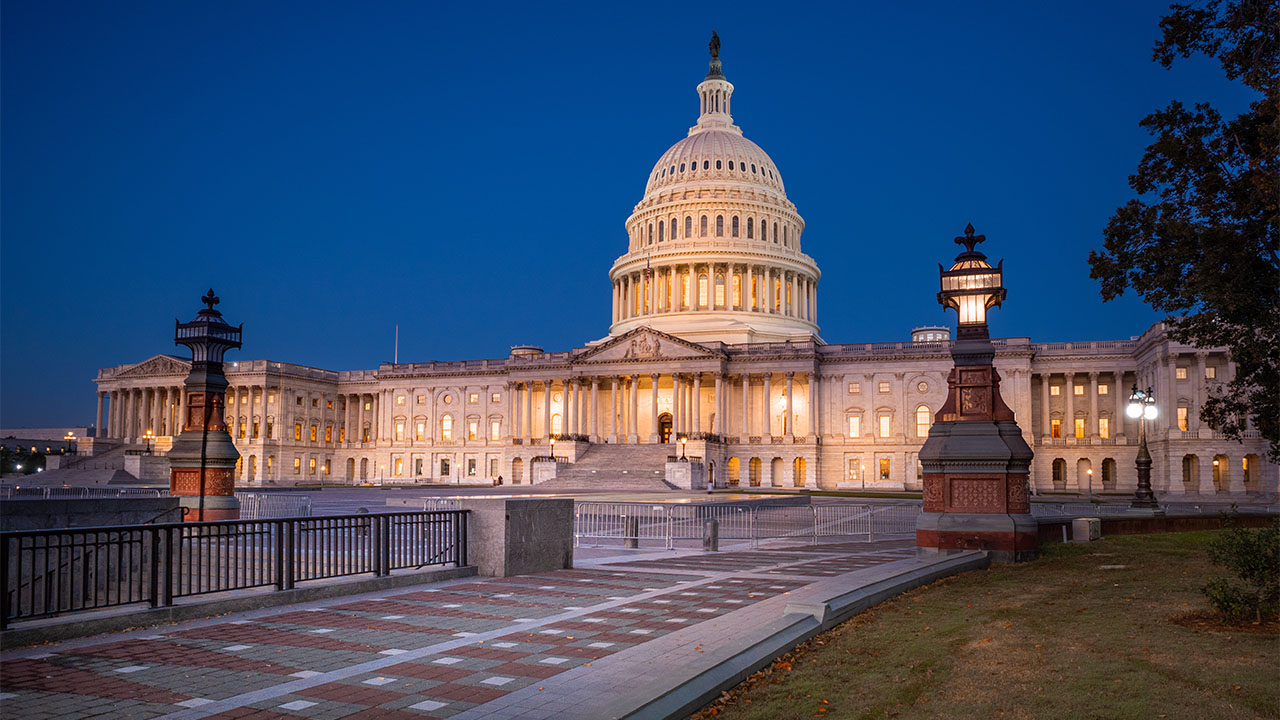Today is ‘Peak Boomer’ Day – the day when the most Americans ever hit retirement age.
Nearly 4.1 million Americans will turn 65 this year according to research from the Alliance for Lifetime Income, a pension pressure group.
The event, nicknamed the ‘Silver Tsunami’, is way more than just a reflection of the aging population, extended life expectancy and the media and commentators’ love of a great handle and headline.
65 is currently the age that Americans can access our version of socialized health – Medicare.
It is a complicated system but on hitting 65 the first part, Schedule A, covers hospitalization costs and comes with no premium – i.e., it’s free. Part B however, the one which pays for medicines, doctors visits and preventative services like scans and checkups, commands a premium. And if you don’t sign up in your ‘enrolment window’ expect to see a 10% penalty added to your premium for every year you delay.
As well as making important decisions about whether to and when to sign up for your medical benefits, aging Americans have some serious financial issues to deal with too.
The big one is retirement.
While 65 is the historic age which allows retirement, many who hit the number choose to continue to work. The Pew Research Center reported that 20% of ‘Over 65s’ continue to work and are set to be a fast-rising proportion of the labour force over the next decade.
Of course, many won’t choose to continue working, they will be doing so because they haven’t got the resources to retire comfortably, wonder how they will fill their days, or need the benefits.
For those who do opt to leave the workplace, they have to consider: When do I start drawing my Social Security pension? And how much will I get?
Americans are eligible to start taking their old age pension from the age of 62 but there are penalties for doing so, around 25% to 30% of your entitlement, but if you can hang on until 70 years of age, you get a bonus 32% top up added.
Full Retirement Age – FRA – or when you get 100% of your pension, is drifting ever upwards too. Those baby boomers who hit 65 this year will in fact have to wait another 22 months before they are at FRA. For those born after 1960 the age is 67, and current discussions are to start pushing that up higher to 70.
And married couples who both have a Social Security entitlement are further vexed by working out who outlives who, and who should claim the money early knowing they pick up a widow(er)s pensionin the future if their dead spouse was entitled to more money than them.
US Social Security is much more generous than the UK. It is a complicated formula based on years worked, salary earned and inflation rates but in 2024, if you reach FRA, you can receive a maximum of $3911 a month, and if you are 70 this year you could be picking up $4873 monthly – $55,476 a year before tax.
Old people across the nation are gathered in Starbucks and Waffle Houses hunkered over calculators and spread sheets trying to work out how long they will have to live to maximize the benefit of waiting 8 years to pick up your cheque: heavy smokers, binge drinkers and burger guzzlers are probably looking to cash in early.
As well as ‘guess-timating’ your life expectancies, it is important to get the numbers right as it is likely the Social Security pension will pay out significantly less in future years. The investment and trust funds which hold the payments are forecast to be depleted in 2033 – nine years’ time – and actuaries working for the pension industry are warning payments after then may shed around 20% of their value.
But don’t feel too bad for the older folk. Many of them had jobs which contributed to retirement schemes, they bought property decades ago and no longer have mortgages, and many have squirreled away cash for rainy days, bought Apple stock at pennies in the dollar, and rode the stock market up to its current dizzy heights.
So how can the rest of us benefit from their comparative wealth?
Stock pickers and market watchers suggest looking at where the Baby Boomers will be spending their amassed fortunes. Tourism and travel are top of that list. Analysts point to the cruise industry, airlines, travel websites, hotels and resorts as businesses likely to see their income rise as boomers spend.
Of course, boomers are also spending more money on healthcare and elderly care.
Watching the business channels this morning, according to Yahoo Finance TV, big U.S. hospital groups have reported revenue increases in double figures and saw an associated surge in their share price. And as supermarket aisles fast fill with pharmaceuticals, supplements, biotech products and premium nutrition snacks for longevity-obsessed boomers, there may be money to be made owning bio-tech and big-Pharma shares too.
But the situation is fluid. Despite their best efforts, boomers, of course, die.
And as their numbers peak and then decline, you will only have to wait four more years for the next age group to surge into the ascendency.
As the pious, stubborn and hardworking Boomer pass away, enter the independent, informal and flexible.
For 2028 will be the year of peak Generation X. Be prepared to rebalance that portfolio again.














